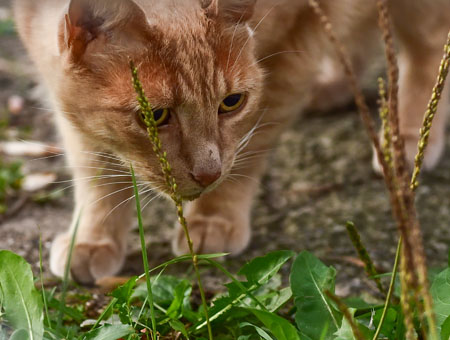We are warning people of the potentially fatal effect antifreeze can have on pets, particularly cats.
Laura Axten, our clinical director, said the ingestion of antifreeze can lead to kidney failure in cats and is more of a risk throughout the winter months when people are using it in their cars.
Due to its sweet taste, pets can drink water containing the chemical without even realising. They can even lie in it and accidentally ingest the toxin when grooming themselves.

One of the main causes of kidney failure is ethylene glycol toxicity, which is also found in screen wash, brake fluid, coolants and some types of ink.
Laura said: “When it’s cold, cats can look for shelter in sheds and garages, which is where many of us store our bottles of antifreeze.
“We advise pet owners to ensure their animals don’t have access to areas where these products are stored.
“It is also vital for pet owners to be aware of the symptoms their animals may demonstrate if they have come into contact with it.
“Time really is of the essence when it comes to antifreeze poisoning in cats. The earlier you spot the signs and seek help, the greater their chance of survival.”
The signs you should look out for are your pets walking as if they are drunk, urinating lots or not urinating at all, an increased respiratory rate, seizures and drinking lots.
Anyone concerned their pet is showing any symptoms, or who knows their pet has come into contact with ethylene glycol, should contact their vet immediately.





